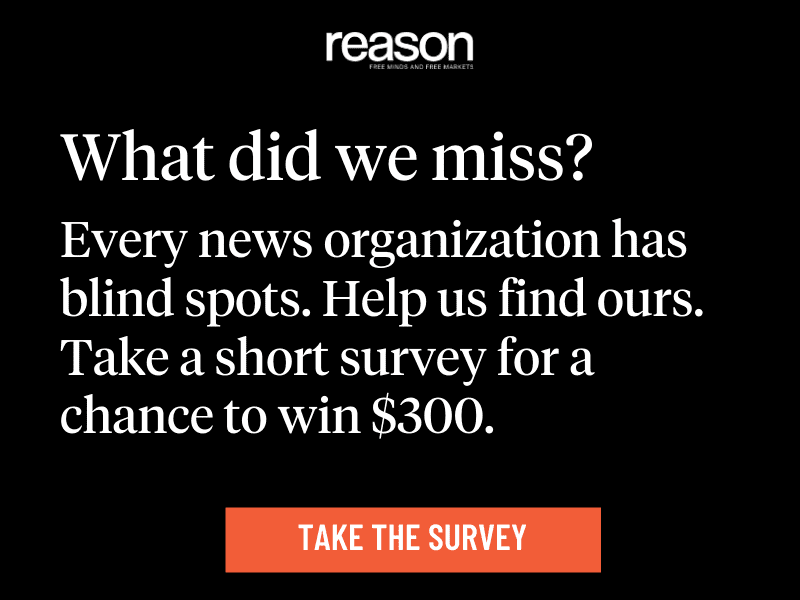
President Donald Trump announced at Charlie Kirk’s memorial service that his administration will reveal what he called one of the “biggest announcements” in American history.
The next day on September 22, the historic announcement came: Taking Tylenol during pregnancy may be linked to the “crisis” of autism in the U.S. The FDA also approved a version of leucovorin, a type of vitamin B also known as folinic acid, to treat children with autism.
But with this announcement came questions. In response to a reporter, Trump doubled down on an earlier claim made in the conference that autism “doesn’t exist with the Amish community.” Is this true?
When was autism first diagnosed, and does that timeline align with Tylenol’s market introduction?
Is Tylenol the safest over-the-counter option for pregnant women with fevers?
Are claims that Dr. Oz could benefit from a leucovorin push accurate?
Many are discussing the major announcement on autism.
Let’s break it down.
Is Autism Present in Amish Populations?
During the announcement, President Trump veered off script, making unverified claims about autism rates among Amish and Cuban populations.
The myth gained traction among anti-vaccine activists, who argue that the Amish (due to their avoidance of certain modern medical practices like vaccinations) have lower autism rates. However, this avoidance also leads to underreporting.
Evidence is limited due to the amount of research on autism rates in Amish communities. One available study from 2010 study found that about 1 in 271 Amish children in Ohio and Indiana had autism, compared to the national rate of 1 in 54 at the time.
Diagnosis is further complicated by homeschooling (prevalent in these communities), as autism can often be identified in school settings.
Trump extended his claim to Cubans as well:
I mean, there’s a rumor and I don’t know if it’s still or not that Cuba, they don’t have Tylenol because they don’t have the money for Tylenol, and they have virtually no autism, OK?
Due to severe drug shortages and economic hardship, many Cubans struggle to access basic medications, with over 70% of essential drugs either unavailable or prohibitively expensive. But does this mean “no autism”?
Not quite. A study cited on ERIC estimated autism prevalence in Cuba at 2 to 4 per 10,000 children. While some sources claim Cuba has “100 times fewer diagnoses” than the U.S., experts attribute this gap to limited diagnostic infrastructure, not absence of the condition.
Fast Discovery, Right?
In April 2025, Health and Human Services Secretary Robert F. Kennedy Jr. announced the bold initiative to uncover the environmental causes of autism, promising answers by September.
Research exploring a possible link between acetaminophen use during pregnancy and autism began gaining traction in the early 2010s, with observational studies suggesting associations between prenatal exposure and neurodevelopmental disorders. A major review published in 2025 by Harvard’s Andrea Baccarelli and colleagues examined 46 studies, finding that 27 reported positive associations between acetaminophen and conditions like autism and ADHD.
In comparison, consider the case of folic acid: Scientists discovered in the 1960s that it could prevent serious birth defects, but public health action lagged. In 1992, officials advised women to take folic acid daily, and by 1998, it was added to foods like bread and cereal, leading to a significant drop in birth defects like spina bifida.
Epidemiologist Ann Bauer, co-author of recent research in Environmental Health, found a “strong and consistent association” between prenatal acetaminophen use and increased rates of autism, ADHD, and developmental delays. Still, she emphasized that “correlation is not causation” and urged further research before drawing definitive conclusions
For more on this, read: Author of Study Linking Tylenol to Autism Says More Research Still Needed
Is Anything Else Safe for Pregnant Women?
The announcement raised concerns, as Tylenol (acetaminophen) is widely considered the only safe over-the-counter option for treating fever during pregnancy.
While NSAIDs like ibuprofen and naproxen are generally safe in early pregnancy, the FDA advises against their use after 20 weeks due to risks of kidney issues in the fetus, which can lead to low amniotic fluid. After 30 weeks, NSAIDs may cause premature closure of the ductus arteriosus, a vital fetal heart vessel.
Both the American College of Obstetricians and Gynecologists (ACOG) and the American College of Emergency Physicians (ACEP) recommend acetaminophen as the first-line treatment for pain and fever during pregnancy. They warn that untreated symptoms, especially fever, can pose greater risks to both mother and baby than the medication itself.
But does the introduction of Tylenol corelate to a higher prevalence of autism?
Tylenol’s Inception
Another claim suggests Tylenol wasn’t invented until after autism cases began to emerge.
Acetaminophen was first synthesized in 1878, long before autism was clinically recognized. Its use in medical practice began in the late 1940s, and it was released under the brand name Tylenol in 1955. This was 12 years after psychiatrist Leo Kanner published his influential 1943 paper on infantile autism, which helped define the condition.
Tylenol became available over the counter in 1960, following Johnson & Johnson’s acquisition of McNeil Laboratories. Autism itself wasn’t formally classified as a distinct diagnosis until 1980, when it was added to the Diagnostic and Statistical Manual of Mental Disorders.
Why is Tylenol now at the center of this debate? Some speculate that Centers for Medicare & Medicaid Services Administrator Mehmet Oz may have influenced its prominence. Though the HHS (Department of Health and Human Services) has denied this.
Dr. Oz
Dr. Oz has been linked to holdings in iHerb, a supplement retailer that sells folinic acid (the supplement form related to prescription leucovorin); critics speculated he could gain from heightened attention to folate‑related therapies after the announcement.
The HHS said those fears are unfounded because the policy concerns prescription leucovorin, not OTC supplements, and noted that Dr. Oz pledged to divest his iHerb stake, with some reporting noting it’s unclear exactly what has been divested to date.
iHerb told Newsweek the company is no longer affiliated with Dr. Oz and is not working with him or the Trump administration.
‘Tough it Out’
During his remarks, Trump stated, “You’ll take a Tylenol, but it’ll be very sparingly. It can be something that’s very dangerous to the woman’s health.” He described it as “a very strong recommendation,” acknowledging it was “maybe stronger from me than from the group because they’re waiting for certain studies.”
“If you can’t tough it out, if you can’t do it, that’s what you’re gonna have to do.”
The ripple effect of the statement has also reached other nations, with the U.K.’s Health Secretary Wes Streeting advising pregnant women in Britain not to “pay attention whatsoever to what Donald Trump says about medicine.” In the U.S., pregnant women responded by posting videos of themselves taking Tylenol in defiance.
The FDA took a more measured stance, emphasizing that no causal link between acetaminophen and autism has been established. Still, “in the spirit of patient safety and prudent medicine,” it advised clinicians to consider limiting acetaminophen use during pregnancy for routine low-grade fevers.
Meanwhile, the Autism Science Foundation cautioned that research on leucovorin is still in its early stages, and more studies are needed before drawing firm conclusions.



